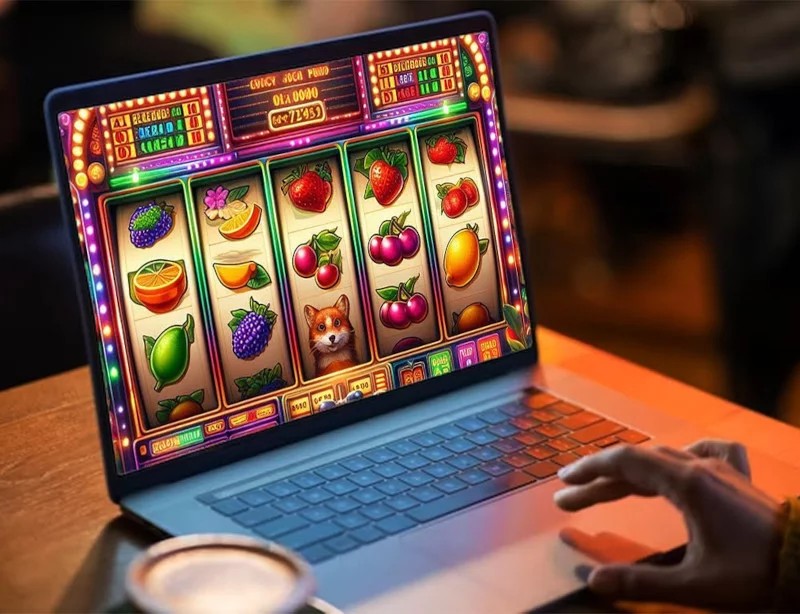
Over the last decade, technical advances and internet accessibility have made online casino gaming popular. Many individuals like games for amusement, but psychology and gambling may lead to more. This article discusses the psychological causes that lead people to gamble online, the hazards, and how to wager responsibly.
The thrill of risk and anticipation
Online gambling is about risk. Expecting a victory causes a surge of adrenaline like in high-stakes situations. Dopamine, a reward neurotransmitter, drives this reaction. Players get a roller coaster-like thrill when they spin the reels or gamble. This chemical response may replace logical decision-making, making it easier to become hooked on gambling’s short-lived highs.
Uncertainty boosts engagement. Many play online casino games are dependent on chance, unlike poker. The uncertainty of results perpetuates optimism and disappointment. Gamblers generally play hoping to win the following game, which fuels their urge to keep going. Understanding this psychological process highlights the exhilaration that draws many gamers to online casinos.
Big Wins’ Appeal
The promise of winning a progressive jackpot or big victory motivates many gamblers. Advertisements typically feature average gamers who change their life overnight following a big casino win. These success tales encourage a “you could be next” mindset by showing that everyone can succeed. The “gamblers’ fallacy,” where people think past events affect future results, is firmly ingrained by this delusion.
The design of online casino games enhances this psychological appeal. Bright colors, appealing noises, and seductive visuals are intentionally employed to keep players engaged. Slot machines, in particular, use a near-miss function to make players feel like they’re closer to winning. This design capitalizes on gambling’s emotional highs and lows, keeping gamblers hooked on big wins.
The Social Side of Online Gambling
Social aspect of internet gaming is also important. Many platforms provide chat and live dealer games for user interaction. This social engagement engages gamers and builds community. It lets gamblers exchange their methods, wins, and losses, strengthening their bond.
Socializing may improve gameplay but can cause bad habits. To stay up with others, players may gamble more or chase losses to retain social standing. Online gambling may foster community or foster unhealthy competition, thus understanding its social aspects is crucial. Players must understand their motivations: Do they like the game or require social approval?
The Value of Responsible Gambling
Players must gamble responsibly due to psychological factors. Responsible gaming is vital to keep gambling fun rather than addictive. Know your limitations and establish tight gambling budgets to make the experience fun. Deposit limitations, cooling periods, and self-exclusion are available at several online casinos.
Education is also effective. Players may take control of their gambling by understanding game odds and detecting problem gambling. It’s important to remember that gambling is mostly luck and no strategy guarantees a victory. Breaks, gambling habit analysis, and a support system may reduce online gambling dangers and encourage healthy playing.
Online Betting Control Strategies
Mindful gaming may change online casino experiences. Before playing, set time and money objectives to encourage appropriate conduct. The “time-out” function lets players take pauses to reset their emotions and avoid impulsive betting.
Conclusion
Online casino gambling appeals to complicated psychological reasons including risk, social connection, and big rewards. These aspects may make gambling fun, but they can also lead to unhealthy habits. Online gambling requires accountability, self-awareness, and techniques to govern and prioritize well-being. Understanding these psychological processes lets players enjoy online gambling while avoiding its risks.





